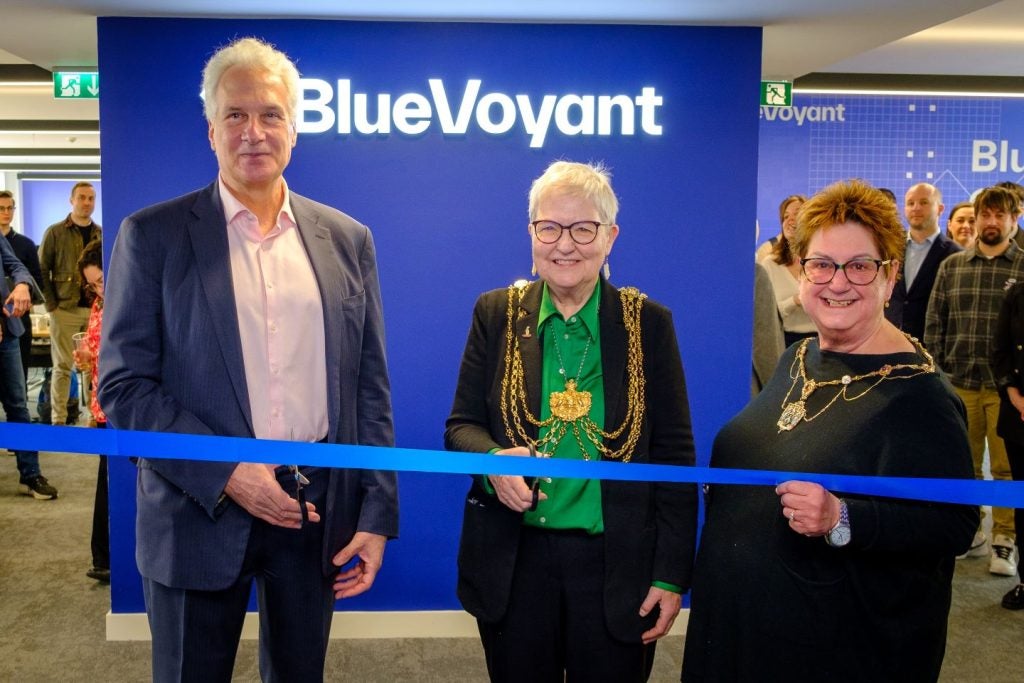
Facebook, in its never-ending quest for new eyeballs, has taken an active role in developing and promoting more efficient broadband delivery. The company hopes its most recent initiative will provide a viable solution to serve many rural communities currently lacking connectivity.
Citing the 600 million people across the globe currently unserved by mobile broadband – two-thirds of them in sub-Saharan Africa – Facebook in December unveiled SuperCell, a wide-area coverage solution for increasing mobile connectivity in rural communities.
SuperCell differs from traditional cell tower macrocells in a few important ways
- The solution uses towers standing up to 250 meters high to significantly increase range. For comparison, typical rural macro base stations stand approximately 30 meters on average (though television towers can reach as high as 500-600 meters).
- SuperCell also dramatically increases the number of sectors to which a cellular signal is targeted – from three in a traditional rural deployment setting to up to 36 sectors using a SuperCell base station.
- Facebook has invested in improvements in antenna technology – the secret sauce of the new SuperCell technology – that enable longer-range transmission with lower loss of signal compared to previous antenna technology.
The Facebook announcement comes at a time when a number of alternative solutions are emerging to address underserved populations. A host of low-earth orbit (LEO) and medium-earth orbit (MEO) satellite launches are currently planned or being deployed that could conceivably serve markets such as sub-Saharan Africa, though likely with higher capital required to deploy and maintain.
Google parent company Alphabet and others have invested in balloon-based connectivity options which, while coming with lower upfront costs, are generally unproven, and it’s not clear how much broadband capacity they could actually support.
SuperCell may eventually hold Facebook back
By contrast, Facebook believes that its SuperCell satellite constellations are a compelling combination: proven technology optimized for sparsely populated geographies.
There is a major challenge, however. While Facebook is continuing to invest in the SuperCell concept, it has also made clear that it has no intention to become a provider of network infrastructure or broadband services. It has in fact engaged with a number of partners on SuperCell, including an unidentified network partner in Africa and American Tower and C Spire in the US.
How well do you really know your competitors?
Access the most comprehensive Company Profiles on the market, powered by GlobalData. Save hours of research. Gain competitive edge.

Thank you!
Your download email will arrive shortly
Not ready to buy yet? Download a free sample
We are confident about the unique quality of our Company Profiles. However, we want you to make the most beneficial decision for your business, so we offer a free sample that you can download by submitting the below form
By GlobalDataIn order to really take off, Facebook will need to establish a much larger ecosystem that includes vendors, operators, and most likely, government sponsors.






Related Company Profiles
American Tower Corp
Alphabet Inc
Meta Platforms Inc
Google LLC